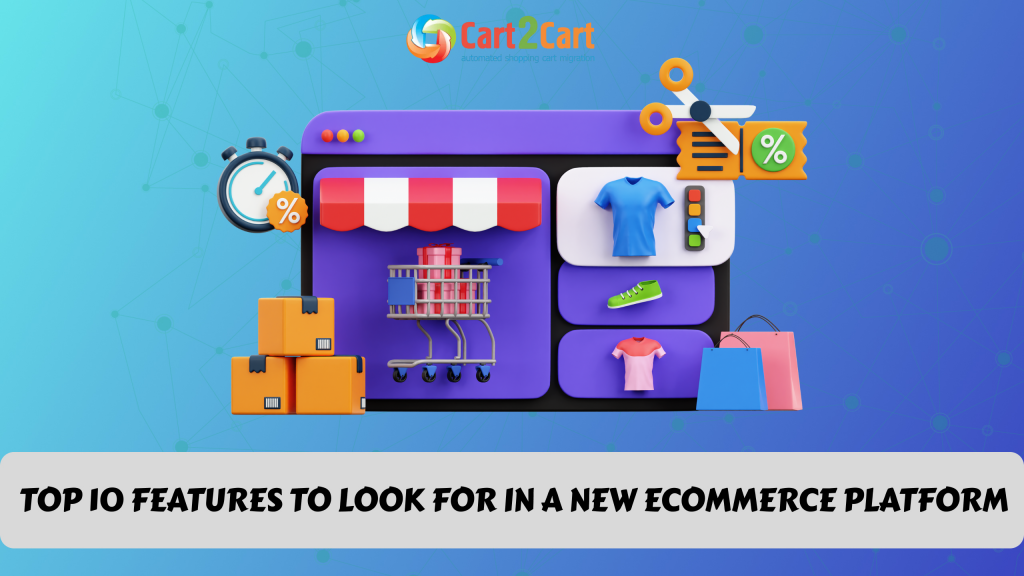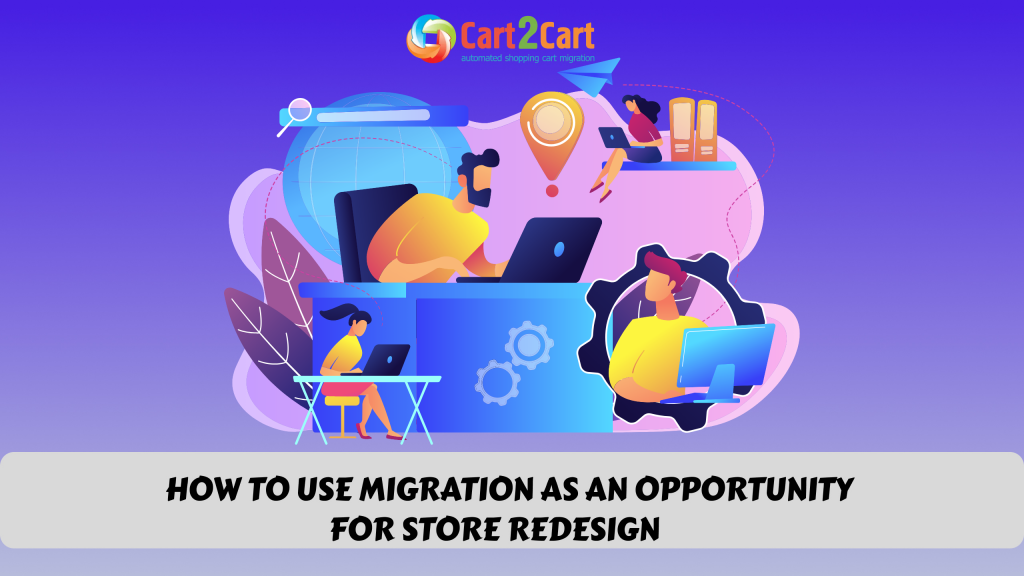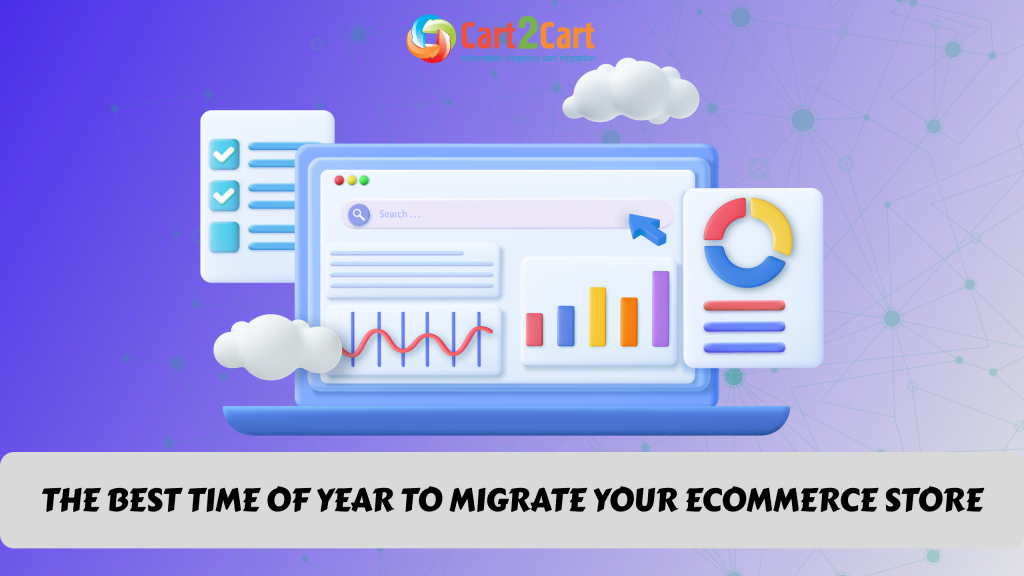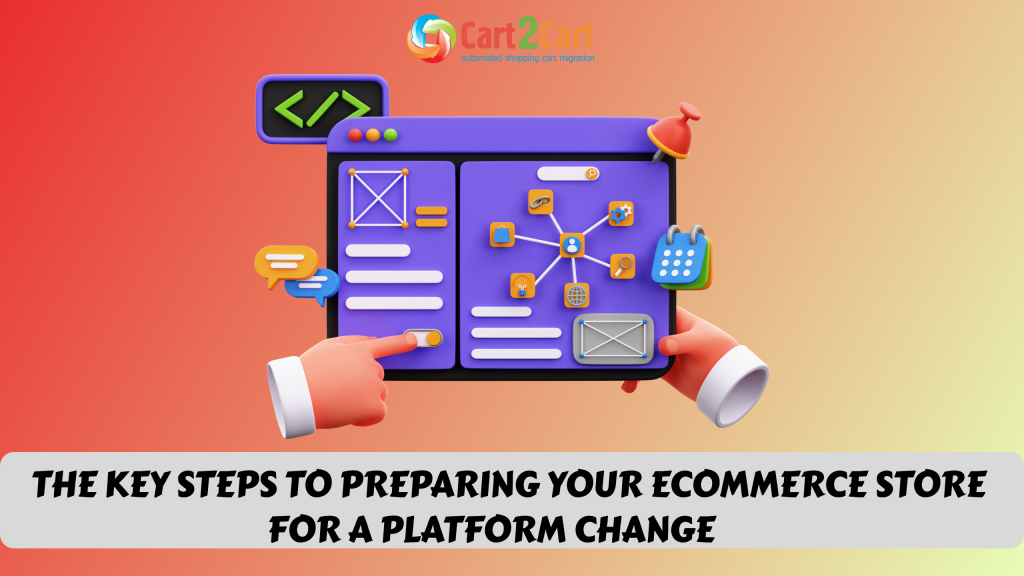
Choosing the right eCommerce platform is crucial for the success of your online business. Whether you’re launching a new store or migrating from another platform, understanding the essential features can help you make an informed decision. In this article, we’ll explore the top 10 features you should look for in an eCommerce platform to ensure seamless operations, scalability, and customer satisfaction.
1. Ease of Use
A user-friendly interface is essential for store owners who may not have technical expertise. Look for a platform with an intuitive dashboard, drag-and-drop functionality, and simple store setup processes. The easier it is to manage, the more time you can focus on growing your business. A good eCommerce platform should minimize the learning curve, allowing even beginners to efficiently manage their store without needing extensive technical knowledge.
2. Customization & Design Flexibility
Your online store should reflect your brand identity. Choose a platform that offers a wide range of customizable themes and templates. Advanced customization options, such as the ability to modify code (HTML, CSS, JavaScript), ensure that your store can evolve as your business grows. Look for platforms that support third-party theme developers, allowing you to purchase or create unique designs that make your store stand out.
3. Mobile Responsiveness
With more than half of online traffic coming from mobile devices, your eCommerce platform must provide mobile-friendly designs. A responsive website enhances user experience, improves SEO rankings, and increases conversion rates. Some platforms also offer progressive web app (PWA) capabilities, ensuring a seamless shopping experience even for mobile users with slow internet connections.
4. Scalability & Performance
As your business grows, your eCommerce platform should scale with you. Ensure that the platform can handle increased traffic, product expansions, and higher transaction volumes without performance issues. Look for features like cloud hosting, CDN integration, automatic scaling, and fast-loading pages to ensure that your store remains responsive and reliable even during peak shopping seasons.
Looking to Migrate to a New ECommerce Platform?
Cart2Cart makes your migration to a new eCommerce platform smooth and stress-free! Transfer your products, customers, and orders automatically—no downtime, no data loss. Start your hassle-free migration today!
TRY IT FREE
5. Payment Gateway Integration
Offering multiple payment options increases customer satisfaction and reduces cart abandonment rates. Your platform should support popular gateways such as PayPal, Stripe, Square, and Apple Pay, while also providing security features like PCI compliance, SSL encryption, and fraud detection tools. Some platforms also allow integration with local payment providers to cater to international customers.
6. SEO & Marketing Tools
SEO is vital for driving organic traffic to your store. Your platform should include built-in SEO tools, customizable URLs, meta tags, and blogging capabilities. Additionally, look for features like email marketing, abandoned cart recovery, discount management, and social media integrations to help you promote your store. Advanced platforms also offer AI-driven marketing automation tools, helping you optimize your campaigns and target the right audience.
7. Inventory & Order Management
Efficient inventory management ensures smooth operations. Look for features like real-time stock updates, automated reordering, barcode scanning, multi-warehouse support, and supplier integration. A robust order management system should include automated order tracking, shipping options, return processing, and integration with fulfillment services like Fulfillment by Amazon (FBA) or third-party logistics providers (3PLs).
8. Security & Compliance
Protecting customer data is critical. Ensure that the platform offers SSL certificates, data encryption, fraud prevention tools, two-factor authentication, and compliance with GDPR, CCPA, and PCI DSS standards. Regular security updates and automatic backups add an extra layer of protection against cyber threats. Platforms that offer AI-based fraud detection and bot prevention tools can help protect your business from malicious activities.
9. Multi-Channel Selling
Expanding your reach beyond your website can boost sales. A good eCommerce platform should integrate with marketplaces like Amazon, eBay, Walmart, and social media platforms like Facebook, Instagram, and TikTok. Omnichannel capabilities help you connect with customers wherever they shop, ensuring that your business remains competitive in the modern digital landscape.
10. Reliable Customer Support
Having 24/7 support can make a significant difference when issues arise. Look for a platform that provides live chat, phone support, email assistance, AI-powered chatbots, and an extensive knowledge base. Some platforms also offer dedicated account managers for enterprise-level users, ensuring personalized support when scaling your business.
Conclusion
Choosing an eCommerce platform with the right features can determine your online store’s success. Ease of use, scalability, security, payment options, and marketing tools are just a few of the key aspects to consider. Additionally, advanced capabilities such as AI-driven automation, PWA support, and multi-channel integration can further enhance your business potential.
By carefully evaluating these features, you can select a platform that meets your business needs and supports long-term growth. If you’re considering migrating to a new eCommerce platform, Cart2Cart can make the process seamless and hassle-free. Try a free demo migration today and take your online business to the next level!


 March 31, 2025
March 31, 2025 


